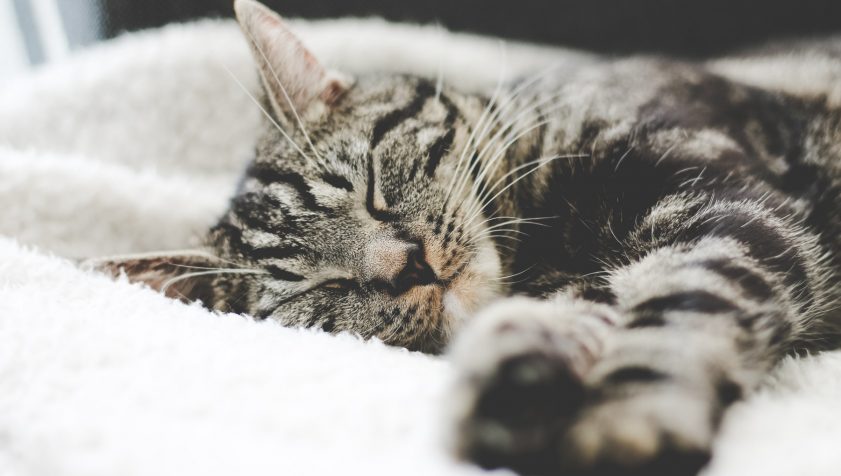So, your sleeping, working and home environment have all been rolled into one for the previous 13 weeks. And it has been tricky to find the right degree of separation between your home office or makeshift classroom and your space to wind down, make dinner and settle into a nighttime routine.
This may have had a detrimental effect on your sleeping patterns, which is why we wanted to share some ideas to help you catch up on your z’s as it is a critical piece of the puzzle to staying healthy!

These unprecedented times are causing disruptions to your everyday life and putting a lot of us on edge. However, your sleep should be the last thing to suffer when you are trying to keep your immune system strong and your mind at ease. As stated by the NHS ‘Prolonged lack of sleep can disrupt your immune system’, so you’re less able to fend off bugs’, which is a situation we want to try to avoid right now. And if you are like me where one bad night’s sleep makes you irritable and cranky then imagine the toll a prolonged lack of sleep takes on your mental well-being. Drawing upon our expertise and after some research here are five tips that could help you to fall asleep faster and get a better night sleep.
1. Limit Screen Time
This will be a tough one for many as watching TV or Netflix and scrolling through social media at night-time has become a common habit amongst us. But it is strongly advised to avoid the use of smartphones, tablets and other electronic devices at least an hour before you go to sleep. You could spend the hour before you sleep stretching, meditating, reading or using it as a time for your skincare routine (if you have one)!
2. Breathing
Practising deep breathing is beneficial to anyone, and we speak more about why that is here. A good time to practice deep breathing is before bed, and a technique developed by Dr Andrew Weil referred to as the 4-7-8 technique is the go-to choice before bedtime as it helps people to relax by replenishing oxygen in the body.
4-7-8 Technique:
(You may find it better to close your eyes as it reduces distractions and will allow you to focus better on your breathing)
- Allow your lips to gently part.
- Exhale completely, making a breathy whoosh sound as you do.
- Press your lips together as you inhale through the nose for a count of 4 seconds.
- Hold your breath for a count of 7 seconds.
- Exhale again for a full 8 seconds, making a whooshing sound throughout.
- Repeat 4 times when you first start practising. Eventually, work up to 8 repetitions.
3. Time your exercise right
We at HumanLab often speak of the positive effects exercise has on mental well-being. However, due to adrenaline being high and your brain being active post-exercise, exercising too close to bedtime could make it harder to fall asleep. Research varies in how much time before bedtime you should exercise, from 1-3 often being spoken about. Therefore if you like to exercise in the evening then you should figure out when the best time to exercise for you is, you could do this by recording the length of time before bedtime that you exercised and then rank the quality of sleep that you got.
4. Routine
Just like you may have a routine to help you get ready for your day or a competitive sports fixture, a bedtime routine to help you prepare to sleep can help you to fall asleep faster. This will help you to wind down for bed and help to tell your body that it is time to sleep. It is also recommended that you keep to similar routines even on weekends, meaning try not to have that Sunday lie-in! Staying consistent with your sleep schedule will benefit the quality of your sleep.
5. Sleep Environment
Lastly, the environment in which you fall asleep is another important factor in improving your sleeping patterns. It is suggested that a cool dark bedroom – between 18 – 24 degrees– is best to help you fall asleep, which may mean trying to cover any nooks and crannies that may be letting in light. Limiting outside noise is also effective, so if you live in a noisy area you may want to invest in earplugs. And finally the bed you sleep on should be comfortable for you, it is recommended to change your mattress every 5-8 years, with pillows having a short life span of 1-2 years.

